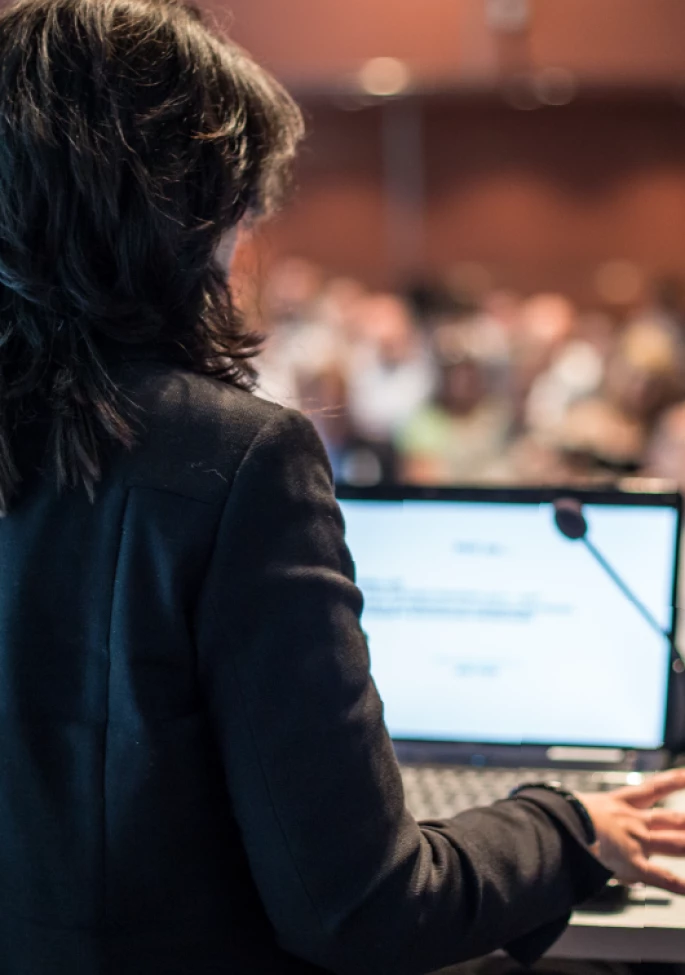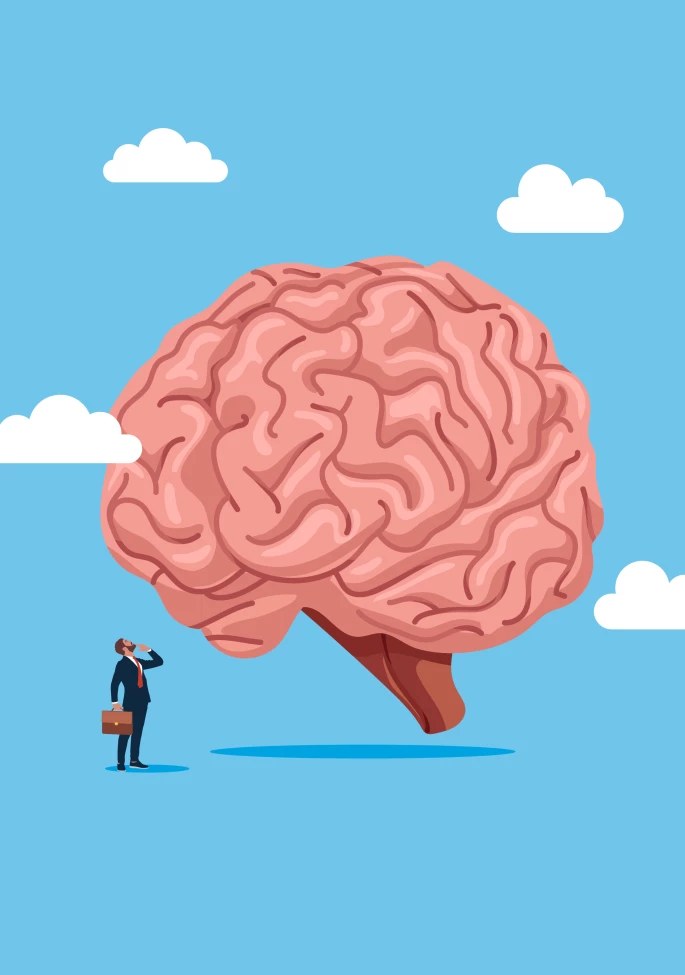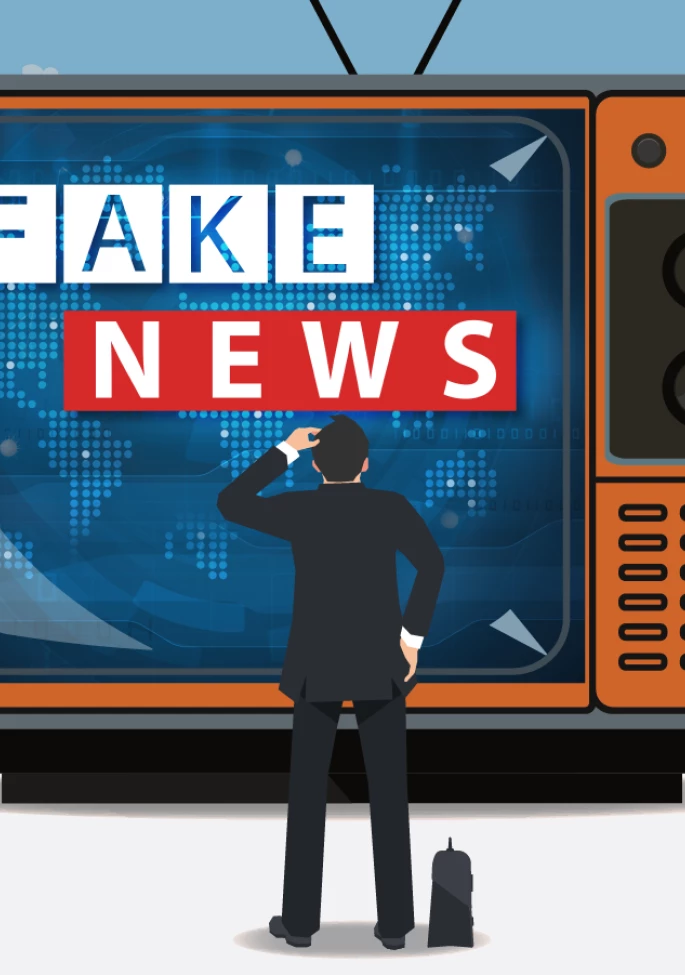This article is based on an interview with Dr. Merrie Jo Pitera, who has prepared hundreds of witnesses for depositions, trials, and congressional hearings over the course of 25+ years.
As trial consultants, we have gained valuable information on how to prepare expert witnesses for trial based on the extensive jury research we have conducted. For instance, we know the best experts are able to convey that they are honest, respectful people who have a firm grasp on the issues they have been asked to testify about. When experts communicate their insights in a polite yet knowledgeable manner, they are an invaluable asset at trial.
The last thing anyone wants is for ego and expertise to get in the way of an expert’s ability to deliver persuasive testimony. As such, sometimes attorneys and consultants must be creative when developing solutions that fit both the situation and the specific expert.
1. Identify the Issue(s)
For a consultant, the first step in working with an expert is to determine why assistance is needed in the first place. This means speaking with the attorney to identify the problem(s) early so that you can begin to develop a plan.
There are various reasons why an attorney might hire a consultant to prepare an expert. For instance, the witness may be defensive or arrogant, display distracting nonverbal behavior, or poorly answer routine questions. From our research, we know that jurors equate an expert’s style of answering to their perceived level of honesty. This means that experts who fidget, use “powerless” speech, or over-volunteer information look as though they are being untruthful. While any one of these behaviors can seem small, anyone with years of experience knows just how quickly these issues can turn into a big problem for a witness and, potentially, the entire case.
Because the attorney knows the expert best, it is important to get their take on the key problems/concerns. In the long run, this will save a significant amount of time and allow witness preparation to be conducted more efficiently and effectively. Moreover, the witness should be encouraged to start thinking about their testimony and do some self-evaluation in advance of the meeting so they are better prepared to tackle the issues.
2. Preserve the Attorney-Expert Relationship
Clearly, the goal of witness preparation is to improve the expert’s testimony in some way, whether it be focused on content, delivery, or presentation. Along the road to improvement, there can be a few tough moments where someone has to give the witness unfavorable—or even critical—feedback. Having a consultant deliver the tough messages can help preserve the attorney’s relationship with the expert. This is important since the attorney will be working with that witness later at trial, and trust is the keystone to maintaining that positive relationship.
3. Limit Expert Testimony to One Chapter
Jurors filter incoming information through their own sensibilities. These sensibilities are comprised of pre-existing attitudes, personal experiences, or inferences. From here, jurors fill in the gaps such that any information congruent with their predispositions will be assimilated, while information inconsistent with their experiences and attitudes will be ignored.
Jurors are attempting to piece together a coherent story from a multitude of facts and tidbits, and it is important for an expert witness to understand the role they play in developing that story. It should be made clear to the expert that they are not supposed to try and tell the whole story but, instead, to provide jurors with an important piece of the puzzle. It might be helpful to get an idea of how the witness views their role in the case and, if necessary, help reframe that. Make sure the expert witness understands that if the case were a book, they are only one chapter.
4. Avoid Complicated “Expert Speak”
Oftentimes, when working with an expert witness, they believe it is important to “sound” like an expert by frequently using jargon and relying heavily on content-specific knowledge to define and explain concepts to the jury. From our jury research, we have found that these experts come across as arrogant, and jurors have a difficult time relating to them. Jurors do not appreciate an expert witness using verbose answers when a sentence will do.
Experts should be instructed to teach concepts in the way a fifth grader could understand—without sounding condescending. It is important for the expert to maintain this critical balance when talking with jurors. They should communicate their expertise without coming across as too academic. The goal is to succinctly and clearly explain specialized knowledge so that every single person on the jury can grasp it. It is best if the witness prepares for testimony with the goal of speaking to a wide audience to ensure that no one is left out.
Additionally, it is helpful for the expert to be aware of the composition of the jury. They should know the demographic make-up of the panel and be aware that oftentimes, few (if any) of the jurors will have advanced degrees. Moreover, when possible, the expert should become familiar with each juror’s personal background and interests. This understanding will help the expert engage the jury and teach the concepts effectively. This is critical since, ultimately, jurors understand and better relate to the expert witness who delivers complex messages simply.
5. Answer the Question
One thing we hear consistently in our jury research is that witnesses are evasive and never seem to directly answer the question they are asked. It may be obvious, but jurors want to hear an answer to the attorney’s question. For jurors, even the toughest questions deserve an answer, and they are not very forgiving of expert witnesses who skirt around their answers. In an effort to evade a question, some experts give long-winded and confusing responses, but as one juror suggested, “if I ask you what time it is, don’t tell me how to make a watch.”
6. Be OK with “I Don’t Know”
Jurors prefer an expert witness to be direct and would rather hear them say they do not know the answer to a question instead of trying to avoid it. Let the expert witness off the hook for answering all questions competently. Take a moment to remind them that they are only answering one piece of the puzzle and acting as one chapter in the book, so it is expected that they do not have an answer for everything.
7. Practice, Practice, Practice
The question-and-answer portion of witness preparation is the most important session because it imitates what the expert will face at trial. Unexpected and, at times, uncomfortable questions arise during cross examination, so experts must be prepared to address a wide range of issues. Practicing can help them feel confident in all their responses.
8. Get the Headline Out First
The important part to remember when answering questions is that the expert gets the headline (aka theme) out first and then explains the details. This is important since jurors, like the rest of us, have such short attention spans. If the witness says the important part first, jurors are more likely to remember the main theme even if they stop listening after 30 seconds. However, if the expert saves their headline until the end, jurors may get lost in the process and not walk away with a firm grasp of their testimony.
9. Assign Homework
Witness prep sessions are important, but to really help the expert take ownership of their testimony and make lasting change, assign “homework”. It is important to not make it extremely difficult, unrealistic, or time-consuming. Instead, tell the witness to practice their themes out loud in front of the mirror as they get ready in the morning or on their way to work. If they tend to gesture a lot or display nervous habits during questioning, have them practice conversations while sitting on their hands. Assigning homework ensures that positive behaviors become second nature and the expert witness feels comfortable with what are sometimes significant changes.
10. Be Realistic
While witness preparation can be extremely effective, a consultant cannot be expected to move mountains in two four-hour sessions. Be realistic about what changes can be made with the witness in the time given. Lifetime behaviors will not be altered after a two-hour conversation. However, if expert witnesses start thinking about their presentation from a new perspective, they can decrease any distracting behaviors while increasing helpful ones.
Using These Tips to Prepare Your Expert
While it is important to recognize that witness preparation cannot change major behavioral issues ingrained over a lifetime, it can help an expert rethink their testimony and make changes to their delivery, which will in turn foster a better connection with the jury. Maintaining a critical balance of educating the jurors without sounding condescending will help the expert develop a rapport with the panel and strengthen their credibility.
Moreover, the expert should focus on delivering their themes up front in order to combat jurors’ short attention spans. This will ensure that jurors walk into their deliberations with a keen understanding of the expert’s testimony. Additionally, it is important to encourage your expert to consistently practice their testimony since the more they practice, the more comfortable and confident they will be when they finally take the witness stand. Finally, remind your expert that while it is important to be direct and answer the question, they are not expected to know everything. Jurors prefer a direct and honest witness to an evasive one.
Witness preparation is an essential component of trial preparation. By implementing these tips, you will help your expert testify in a way that better resonates with the jury, and this testimony will serve as a critical asset at trial.
A version of this article originally appeared in the Spring 2016 issue of The Jury Expert.







